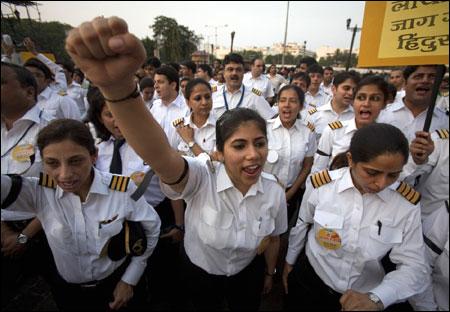
To dispel the widespread perception of policy paralysis, the UPA government expressed its resolve to push through economic reforms to salvage the India growth story.
Shortly thereafter, it was forced to defer the Pension Fund Regulatory and Development Bill. In similar circumstances, it retreated six months ago on allowing 51 per cent foreign direct investment (FDI) in multi-brand retail.
With these setbacks, the prospect of allowing a higher FDI limit in the insurance sector, defence and aviation have also receded. Politics rather than economics are very much in command behind this go-slow on reform.
...
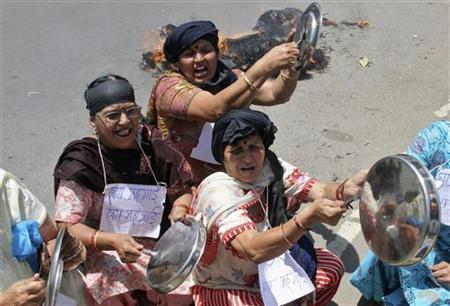
But why are reforms politically problematical? A popular explanation is the role that democracy plays in slowing down decisions when compared to authoritarian regimes. Empirical research, however, has found no support for this view.
Democracy and economic reforms, in fact, are positively correlated after controlling for country and reform-specific characteristics, according to a study of 150 countries (including India) and six sectors, 1960-2004, by Paola Giuliano, Prachi Mishra and Antonio Spilimbergo in an International Monetary Fund working paper titled "Democracy and Reforms: Evidence from a new data set".
...
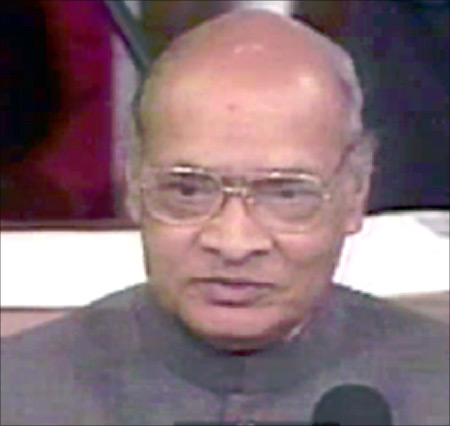
Although their evidence points to a causal link between democracy and the adoption of economic reforms, the researchers conclude that their study calls for more work to examine the precise mechanisms through which democracy has an impact on reforms.
If we restrict the focus to India, there are other questions that require more research as well.
The era of reforms is two decades old but they have been implemented only over relatively short periods - 1991-94 during the Congress-led regime led by P V Narasimha Rao and 1998-2002 during the NDA regime led by Atal Bihari Vajpayee.
There has been a stasis thereafter. No major reforms were adopted during the first and second terms of the UPA regime. During the UPA-I regime (2004-09), it had the Left as an alliance partner that vetoed reform.
...
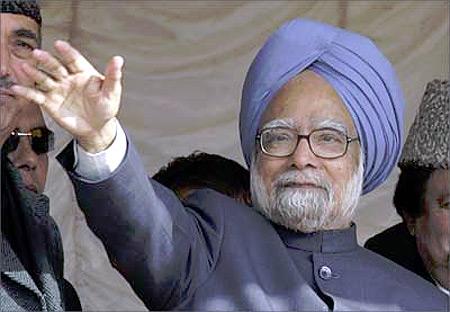
There was also no sense of urgency since growth was robust at 8.4 per cent a year. The UPA II is no different.
Trinamool Congress has replaced the Left in opposing reforms like allowing FDI in multi-brand retail, aviation and pensions. Despite a 1991-type crisis and with the growth story going awry, there is again no sense of urgency for reform.
What accounts for the short bursts of reform? Prime Minister Manmohan Singh is no stranger to this experience since he was finance minister two decades ago.
...
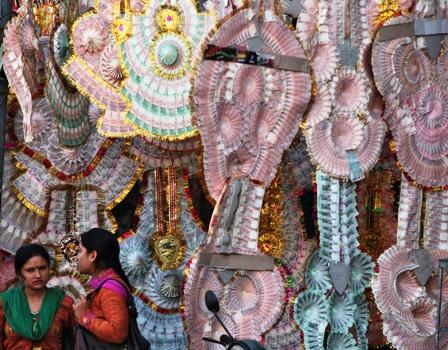
This writer along with Professor Ronald Herring of Cornell University has explored one line of thinking in a paper titled "Economic Crisis, Momentary Autonomy and Policy Reform" that was published in <I>The Post Colonial States of South Asia, </I>edited by Amita Shastri and Jeyaratnam Wilson.
This is because in a democracy, state autonomy is difficult to come by. Societal resistance invariably halts these modest and halting efforts at liberalising reforms.
Consider, for instance, the fate of reforms in the Congress-led government headed by Rao in which Singh was finance minister. What gave the government elbowroom to introduce reforms was not an electoral mandate, nor a unified party, but a serious economic crisis.
...
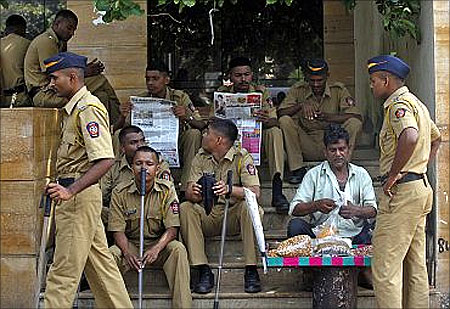
The reform was technocratic in its support base and widely associated with an IMF-sponsored programme of fiscal consolidation and structural reform. 1991-92 and 1992-93 were, thus, the high point of technocratic direction.
However, politics reasserted its autonomy against reforms from 1994 onwards. Events such as the revival of Hindu fundamentalism at Ayodhya, communal carnage and the Mumbai bomb blasts pre-empted the government's attention.
But the decisive factors were political with the electoral setbacks in Andhra Pradesh and Karnataka that undermined Rao's position within the party and were widely perceived as a repudiation of reforms. He remained publicly committed to reform but drifted into populism of the middle path thereafter.
...
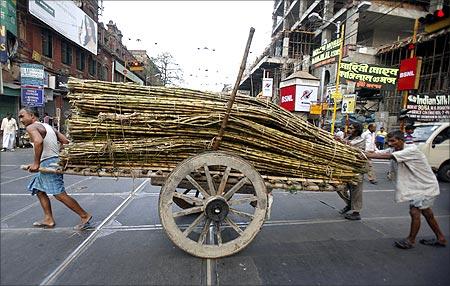
Perhaps, the closest the BJP-led NDA government (1998-2003) enjoyed momentary autonomy to push through reforms was after the Pokhran nuclear blasts and the imposition of US sanctions in 1998.
Important reforms like the opening up the insurance sector faced intense opposition within the ruling party than on the streets!
Despite initial successes, privatisation of public sector undertakings ran out of steam. But defeats in the Punjab, Uttaranchal and Delhi state elections finally convinced the party to go slow on reforms since they had alienated its predominantly middle-class support base.
...
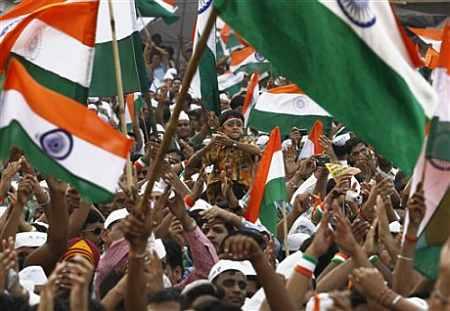
The subsequent stasis on reform also stems from the fact that the UPA itself is not convinced of this imperative. Politics so far has trumped economics. But the crisis in the India growth story does provide it momentary autonomy to implement reform.
This narrow window of opportunity can be exploited if there's a change of guard in ministries like finance that provides an impetus for implementing policies. But business as usual only means that electoral considerations will increasingly dominate policy-making till 2014.
Opportunistic electoral-cycle behaviour will take over, with fiscal purse strings being further loosened to bolster the chances of the ruling party at the hustings. In this milieu, the hope for reform to boost growth is only a post-2014 prospect.
...